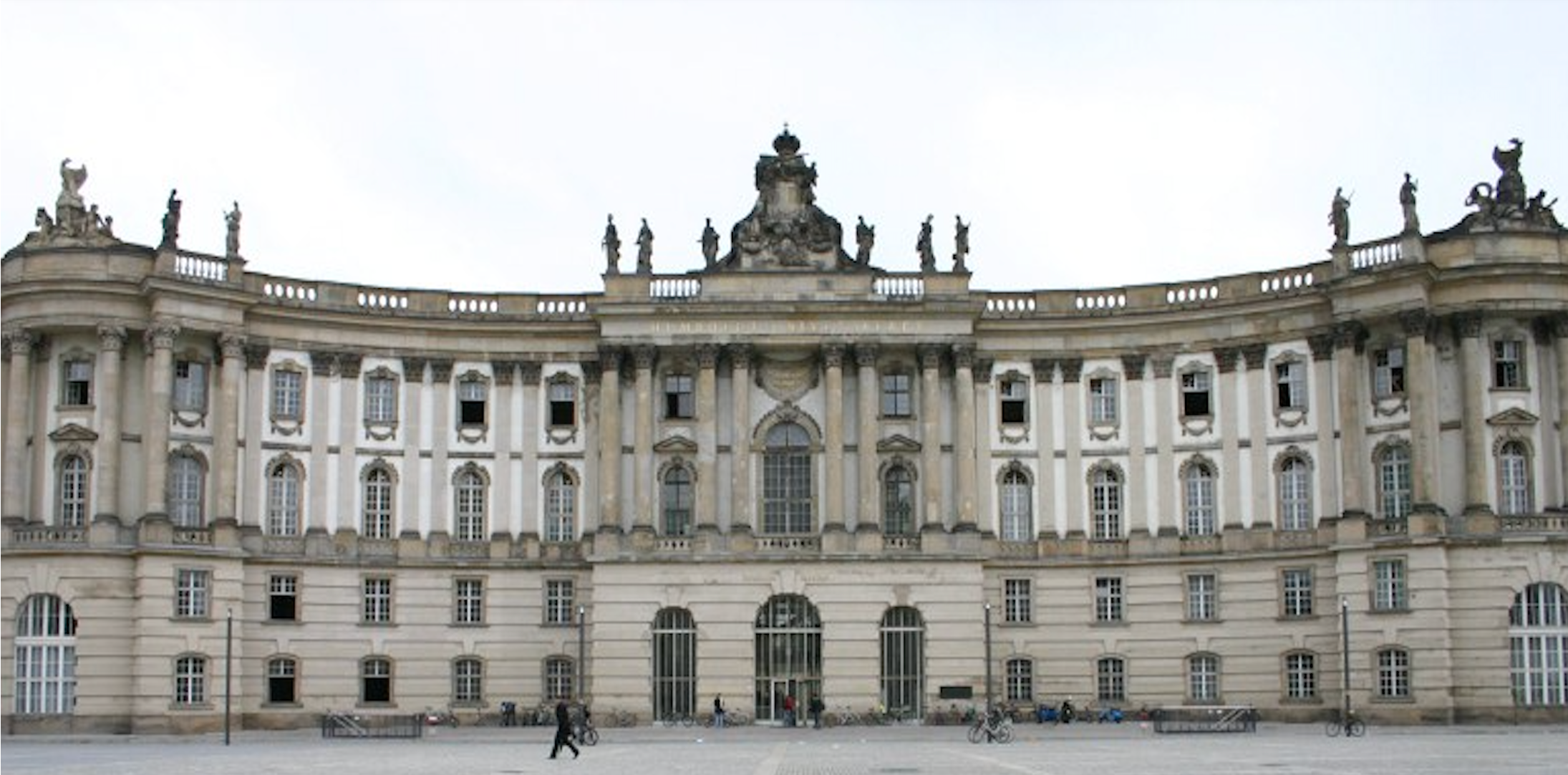Dr. Nils Schmidt-Ahrendts on Arbitration, in December and January 2021/2022
The arbitration module is the core of the first semester of the International Dispute Resolution LL.M offered by Humboldt Universität zu Berlin. Through several classes given by four lecturers, we had the opportunity to cover in depth a broad range of subjects, from the arbitration agreement to interim measures.
Dr. Nils Schmidt-Ahrendts is not only one of these four lecturers who deliver the arbitration module, but is also a co-founder of the LL.M. He is a partner at Hanefeld, and acts primarily as an arbitrator and counsel in arbitrations. Dr. Schmidt-Ahrendts has extensive experience acting under various institutional and ad-hoc rules, as well as under various governing laws.
In his lectures throughout December 2021 and January 2022, Dr. Schmidt-Ahrendts explained some of the most important concepts of international arbitration in a simple and comprehensible manner. Everybody felt like an arbitration expert after his lectures!
In the first lecture, we had a review of the applicable law. He explained in a very methodic way how the arbitrators have to determine the applicable law, considering, first of all, the mandatory rules of the lex arbitri, then the parties’ agreement, including the chosen rules of the institution and the terms of reference, and finally, the arbitrators’ discretion - i.e., the powers that the arbitrators have to decide on the procedure, which are limited by parties’ agreement.
In the following classes, Dr. Schmidt-Ahrendts explained with real examples and by interacting with the students how the arbitral process is conducted, addressing the role of parties’ agreement and institutional rules; the importance of the case management conference; the conclusion of terms of reference, if the case, and rendition of Procedural Order No. 1; and preparation of written submissions and oral arguments. Dr. Schmidt-Ahrendts also explained the usual manner of taking evidence in international arbitration, and we had the opportunity to know more about the IBA Rules on the Taking of Evidence and the Prague Rules, as well as the procedure for the examination of witnesses.
In his lectures, students also had the opportunity to learn about the different types of awards and how to structure a final award, as well as the procedure for potential correction, interpretation, and supplementation of the award. We also learned about details like the ICC’s scrutiny of the award, and the res judicata effect of the award.
Thereafter, Dr. Schmidt-Ahrendts explained the different kinds of complex arbitrations to us, including the joinder of parties and consolidation of proceedings. Despite being complex topics, the classes felt effortless as he analyzed real cases under specific institutional rules. He ended his set of lectures by discussing the types of interim reliefs within international arbitration and the requirements to ask for these.
Due to his practical and interactive teaching method, Dr. Schmidt-Ahrendts was able to help students understand how arbitrators work and how the arbitral process develops across its different stages and issues. This was especially helpful for students who had more experience with domestic arbitration, were less familiar with the international practice – a difference which, depending on the jurisdiction, can be significant!
In my experience, having Dr. Schmidt-Ahrendts teach the arbitration module enabled the LL.M. to fulfill its objectives: insightful lectures with an in-depth analysis of the subject in an approachable manner. Dr. Schmidt-Ahrendts’ presence as one of the main lecturers for the arbitration module is a significant part of what makes the IDR LL.M. a top-notch dispute resolution LL.M.
Camila Cardenas, IDR LL.M Candidate
